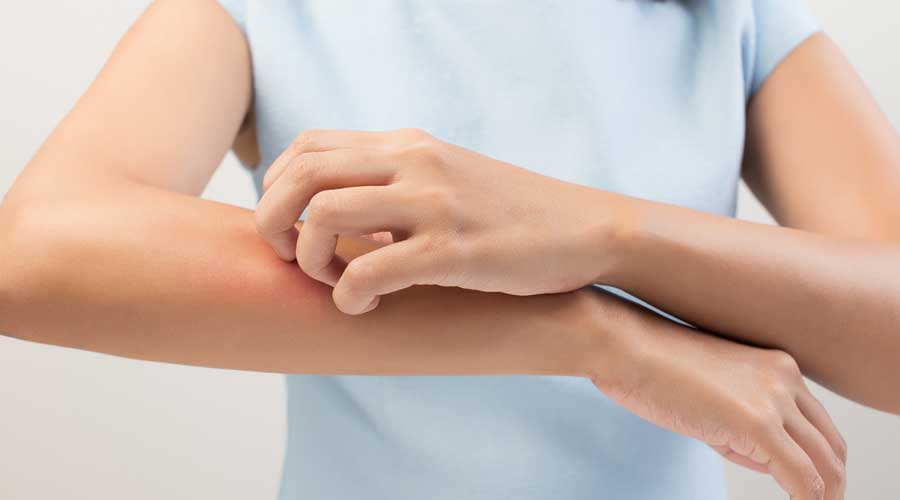Inside: Here’s a look at the top common summer ailments to look out for this season and how your pharmacy can help patients find relief.
It may be summertime, but the livin’ isn’t always easy.
With sunshine, warmer weather and outdoor activities come additional health hazards patients need help treating.
As a trusted health care provider in your community, patients will likely turn to your independent community pharmacy for help treating common summer ailments.
Here’s a look at the top common summer ailments to look out for this season and how your pharmacy can help patients find relief.
Sunburns
Sunburns are probably the most common summer ailment, but they can also be the most dangerous.
Most patients don’t understand how damaging a bad sunburn can be, especially if it doesn’t heal properly.
Sunburns can cause age spots, wrinkles, infections and even skin cancer.
For patients experiencing sunburn, recommend products such as pure aloe vera gel or moisturizers that contain aloe vera to soothe sunburned skin and provide pain relief.
Additionally, patients may want to use over-the-counter (OTC) NSAIDs, such as ibuprofen or aspirin, to help reduce swelling or discomfort. Don’t forget to ask about a patient’s medication regimen before suggesting a pain reliever to avoid possible drug interactions.
Remind patients about the importance of using the right sunscreen to avoid sunburn. Here’s what your pharmacy needs to know about recommending sunscreen.
Poison ivy, poison oak, and poison sumac
Poisonous plants are often hard to avoid for patients who enjoy outdoor activities, such as hiking, camping or even yard work.
Poison ivy, poison oak and poison sumac are the three most likely culprits of itchy skin rashes after being outside. The rashes are caused by urushiol oil and typically appear within 12-72 hours of coming into contact with the plants.
For patients experiencing a minor reaction to poisonous plants, recommend products such as calamine lotion or hydrocortisone cream to soothe itchy skin.
Other products that can help reduce itching include colloidal oatmeal, which patients can add to a warm bath, or oral antihistamines. Be careful not to recommend topical antihistamines, as these can further irritate the skin and worsen the rash.
Bug bites
Let’s face it. Nobody likes bug bites. They can be itchy, painful and can cause serious allergic reactions.
Summertime is when some of the most annoying—and dangerous—bugs are out in full force, including mosquitoes, bees, spiders and ticks.
If patients come into your pharmacy with mosquito bites and other bug bites, recommend products like calamine lotion, hydrocortisone cream and oral antihistamines to help ease pain and itching.
Additionally, stock ice packs patients can use to help reduce swelling, especially when treating bee or wasp stings.
Stock a variety of bug-repellent products and remind patients of the importance of using them the next time they go outdoors.
This summer, ticks are expected to be worse than ever. Here’s how you can help protect patients against ticks.
Allergies
Spring isn’t the only season that causes bad allergies.
Pollen and mold are the most common summer allergy triggers, and they can affect anyone—even adults who’ve never experienced allergies before.
For patients experiencing summer allergies, consult with them about their current medication regimen and whether they’ve taken allergy medications before. Then, you can recommend an appropriate OTC antihistamine or decongestant, including pills, eye drops or nasal sprays.
You should also stock plenty of tissues and homeopathic treatment options, such as nasal cleansing pots and saline solutions.
Be a one-stop shop for patients looking to find relief from common summer ailments.
Want more pharmacy tips like this? Sign up for our e-newsletter.












